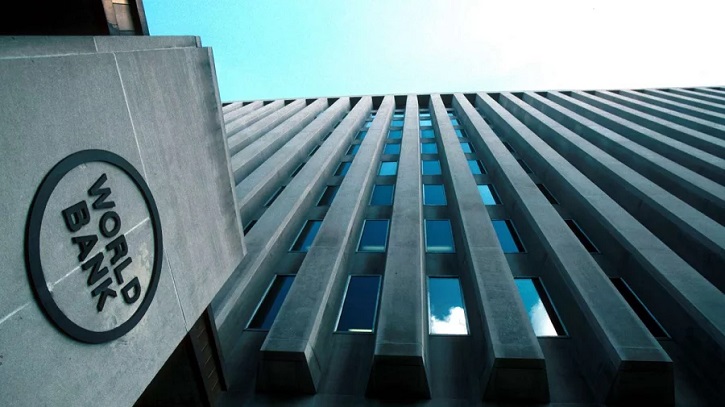Can wealthy contributing nations be trusted to find a better balance in the aid they provide?
In traditional form aid is spoken of in relatively smaller numbers. Millions have given way to billions, whether in local currency or greenbacks. So it is amusing to see the hemming, hawing, and imposed conditionalities that accompany IMF or World Bank loans.
Major contributors, namely the United States, have been harking after reform and change in how the Bretton Woods institutions get things done. Much before Donald Trump shook the tree to force the United Nations to burp up its bloating, successive heads of the two were tasked with flattening structures and easing the approval process.
Monitoring the implementation of projects funded also came under the radar. As always the bureaucracy fought, back resulting in less than expected changes.
Loan numbers pale before the massive injection of funds for more political ends — such as the war in Ukraine. The World Bank will get a fillip of $25 billion in the coming days to prop up economies and infrastructure in nations struggling under debt and high costs. Compare that with the $70bn pumped into Ukraine for armaments, rebuilding, and frankly, helping the beleaguered Zelensky stay afloat.
All of this over the intent of frowning Republicans that follow Donald Trump’s approach of not getting involved in others’ wars. Not in small measure due to lack of control over corruption that has forced Ukraine’s upper echelon to shuffle ministers during a war, including that for defense.
Later this year the Commonwealth Heads of State and Governments will debate on approaching the $2.2 trillion debt plaguing the world. And that’s before accounting for an elusive $100 million committed by developed countries to assist vulnerable nations face up to climate change impacts.
Since World War II, wars and battles have either been won by indigenous states or left stable nations in a heap of rubble. With all the damage inflicted, no one knows quite how to foot bills for reconstruction of infrastructure and more importantly societies.
There’s nothing common about wealth in Britain’s former empire. The UK is no longer an economic force to be reckoned with and is under increased scrutiny over the reparations it should make for centuries of exploitation of the countries invaded and controlled.
Inflation has hit world-wide, further stoked by higher import costs, unholy syndicates, and corruption. Bills for the last have grown astronomically. Reports suggest details of 252 individuals including bureaucrats and police amassing and laundering wealth well beyond their means are with the Prime Minister’s office in Bangladesh. It’s common as well for dual nationality holders to live in native countries, but maintain families in ostensibly safer, secure ones. So much for national and patriotic persuasion!
African nations gratified at being offered a seat at G-20 meetings make the case of having the wherewithal of tackling climate change adaptations. A case that’s looked at with suspicion by international organizations. There’s no direct admission, but a system-loss factor is usually built in for multilateral loans. With less money to fall back on, fund allocations are becoming more stringent in approvals.
Whereas previously the United Nations would take lead-face in addressing such issues, Secretary General Antonio Guetteres can only be a spectator when Admiral Kirby states that the US will go on its own if allies for-drag over Ukraine. Admittedly, that’s better than the sham of deceit, sexing-up dossiers, and misleading the UN with fake information designed to create conditions for shameful invasion of sovereign nations. That was followed by admitted covert operations to crack open other countries and now the invade at will scenarios.
Starving Sudanese and dislocated Rohingya are less of a priority compared to Ukrainian refugees that have found refuge and support in Europe. We are told that North Korea is in a state of decline under crippling sanctions. The number of missile launches suggest that the country has found ways of circumvention as has Iran. Russia too has reasons to be smirking as need overpowers desire for Russian oil. Price-caps rather than bans are the preferred norm especially in the defiant face of India that gets oil at discount rates all combined thereby assuring Russia of decent if depleted earnings.
The Commonwealth Summit will talk of a “fairer deal.” Between millions and billions, it must be met with scepticism. One sincerely hopes not.
Mahmudur Rahman is a writer, columnist, broadcaster, and communications specialist.
Source: Dhaka Tribune.

